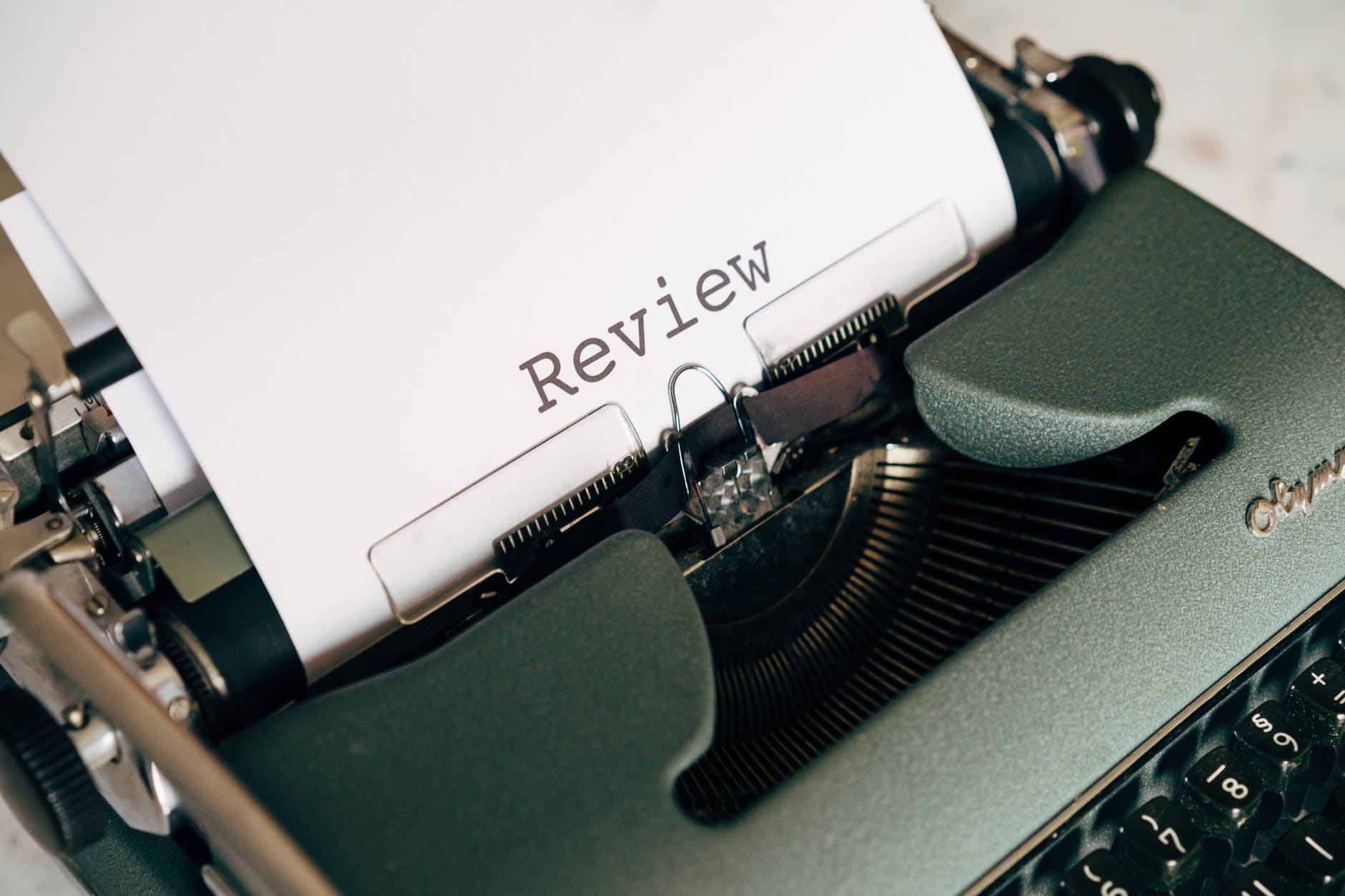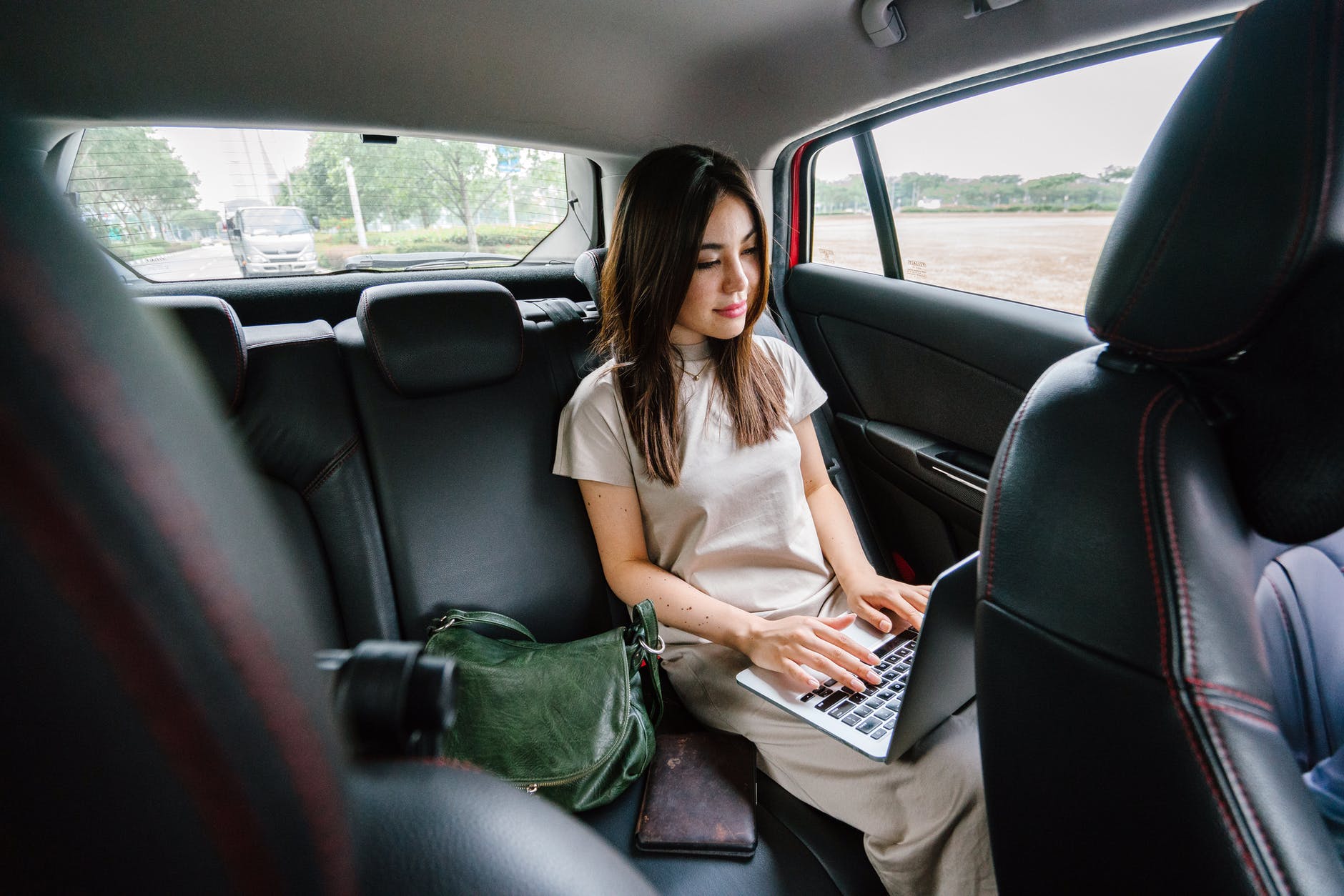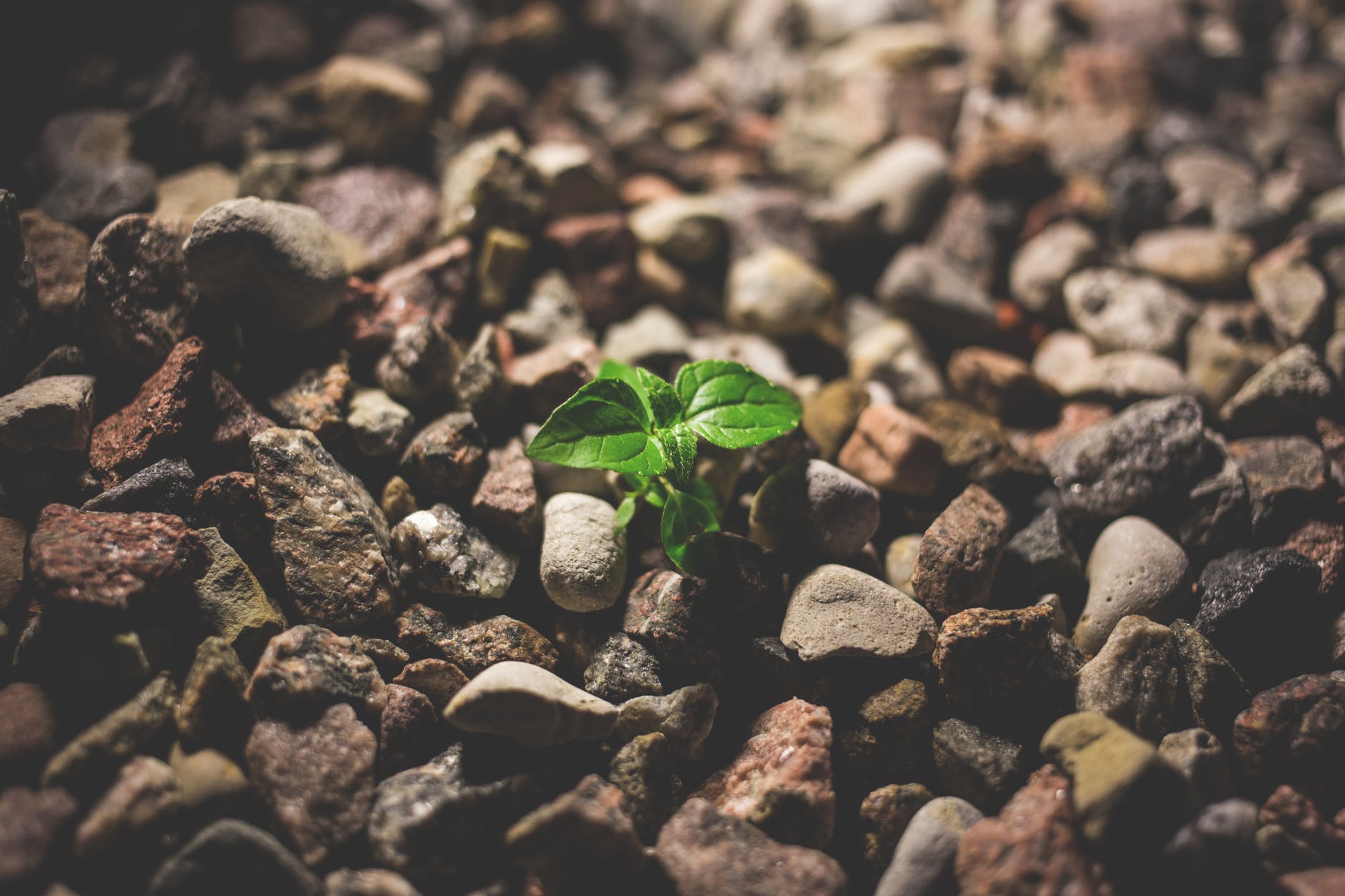
Simply speaking, there are two categories of postdocs. Either you stay around where you did your Phd or you move on. Obviously there are pros and cons of both ways of postdoc-ing and in this blog I’d like to shed light on the advantages and disadvantages that come with either decision. So, here we go:
1.) Postdoc where you earned your PhD: Postdoc-ing in the environment where you obtained your Phd is first of all an easy choice. You know the people, your PI and the working expectations are clear in most cases. It might even flatter you, if your PI approaches you and asked you to stay, as it is an appreciation of all your hard work to date. You know where your place and the coffee is, your desk smells like you and the neighbours have adjusted. It is comfortable, you don’t have to leave your friends, family or significant other, which gives you the opportunity to maintain long lasting bonds and a support network, which shouldn’t be underrated especially in difficult times (#corona). In general, the decision to stay allows you to plan your live more easily and presumably ‘safe’. The quality of your professional network is probably higher than if you would have moved more regularly. Staying where you are could also enhance your productivity, because you know how things work, and whom to ask if not. If you start your Postdoc project, your PI is probably happy if you have projects to finish from your PhD because he/she remains your supervisor and benefits from any resulting publications.
2.) Moving on for a postdoc (either for the first, second or even third) on the other hand requires more effort. Packing all your stuff, leaving everything and everyone behind and starting from scratch takes a lot of energy. You end up in a new environment, with unkown people and supervisors, the lab looks different and has different equipment and there are tons of new protocols, which you need to learn. This takes time and decreases productivity. If you move abroad, the language and culture can also differ from your home country, which could slow down your progress because you need time to adjust to everything new.
Despite being somehow tedious, the change will certainly benefit your CV as mobility of academics is key to get certain grants and stay competitive on the job market. Like travelling, moving away to a foreign place broadens your horizon in many aspects (and far away from your mom, you are suddenly forced to do the laundry yourself). While the quality of your professional network could suffer, the quantity of people you know potentially increases by moving on. Ex-colleagues might become new collaborators or mentors. However, if you like to finish old projects/papers, your new supervisor could be less happy about it because there is no benefit for him/her if you pursue an old topic in a new workplace. In addition, changing the workplace always bears a risk of things becoming worse than previously (new bosses and colleagues are unpredictable), but of course there is also the chance of improvement. This variable of uncertainty should be taken into account. Finally, the decision of changing a position could have resulted from bad experience in the previous position and thus be a true relief.
Since both categories are mutually exclusive, it would be interesting for me (a category 2 postdoc) to know how you made and assessed your decision about staying or leaving a workplace, and which of the mentioned or not mentioned factors was most important in the decision making process?



















